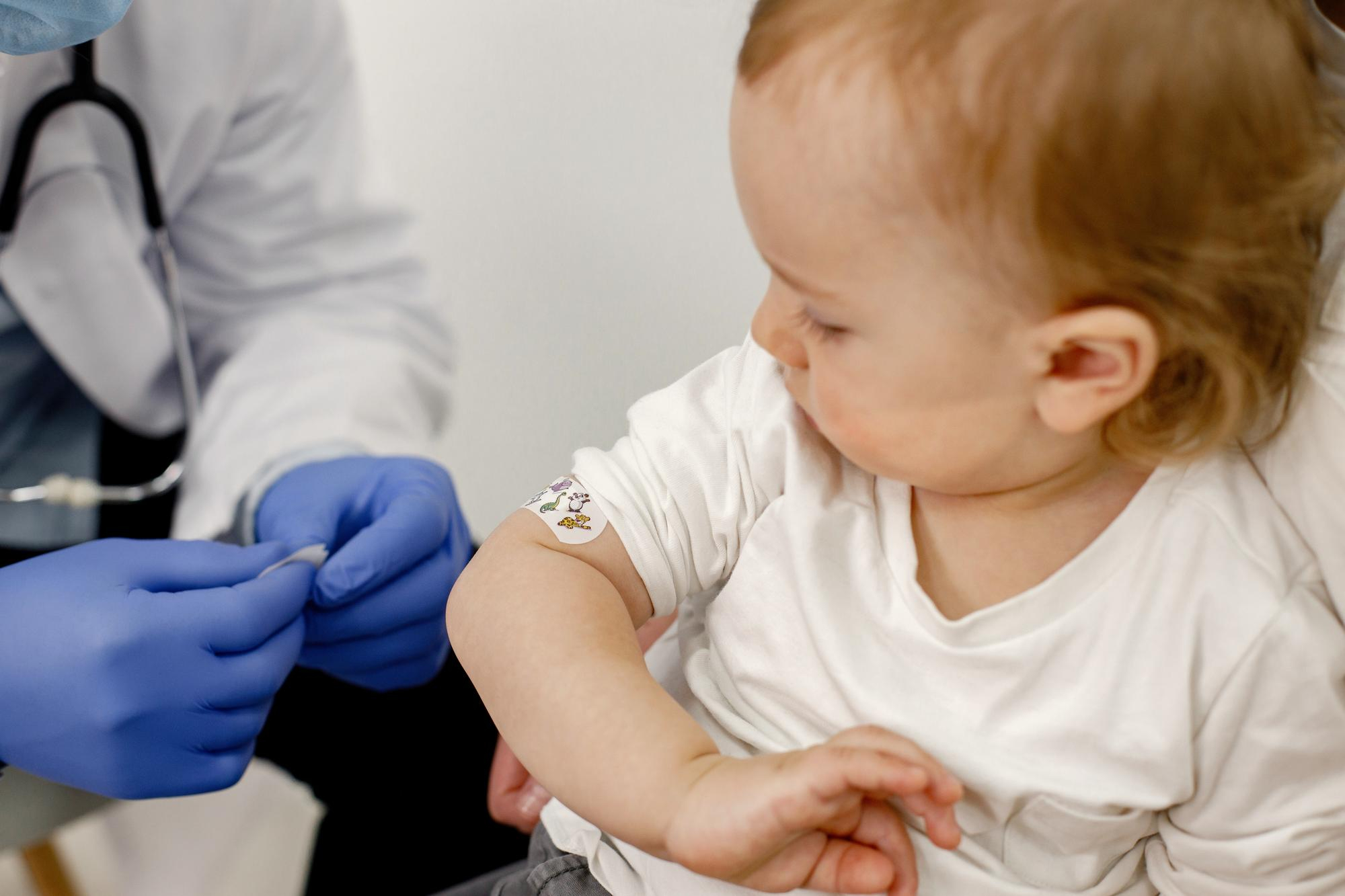Reaction to study showing efficacy of meningitis B vaccine in under-fives in Spain
Researchers have analysed the efficacy of the meningococcal serogroup B vaccine (4CMenB, Bexsero) in more than 1,500 children under five years of age in Spain. The research, published in the New England Journal of Medicine, shows that full vaccination was effective in preventing invasive meningococcal disease of both serogroup B and other serogroups in this child population. The vaccine, which had been sold privately in Spain since 2015, had already been included by several autonomous communities in their vaccination schedules. Last December, the Interterritorial Council of the National Health System (CISNS) approved its inclusion in the vaccination schedule for the whole of Spain.

Freepik.
Ángel Hernández - vacuna bexsero EN
Ángel Hernández Merino
Pediatrician and collaborator of the Advisory Committee on Vaccines, the Spanish Association of Pediatrics and the Spanish Association of Primary Care Pediatrics
Part of the results shown in this study were already presented informally at the end of 2021.
The study is of good quality. Among the strengths can be mentioned:
- It has a large number of cases (306) that have been compared with four (well-selected) controls per case.
- It uses contrasting population-based and publicly owned registries. The conclusions are therefore well supported by the results found.
The results are important as they provide essential information for decision-making in the context of a disease (invasive meningococcal disease (IMD)) of low frequency, but of high impact on the affected paediatric population and their families due to high case fatality (around 10 %), high risk of severe sequelae (around 30 %) and its form of presentation (sudden, unpredictable, rapid evolution in a few hours).
Serogroup B is the main cause of IMD in the paediatric population (serogroup C has been well controlled with vaccination since 2000). The availability of a vaccine since 2013 that has been shown to be effective has led to the need to evaluate its inclusion in publicly funded routine immunisation schedules. The paediatric professional community has been calling for this vaccination since it became available, as there is no other prevention measure available for serogroup B IMD to date. The decision taken by the Interterritorial Council of the NHS (CISNS) for 2023, so desired and repeatedly requested, is great news and this study supports the goodness of it.
As the authors themselves point out, the results of this study are in line with those found in similar studies conducted in the United Kingdom, Italy and Portugal.
Limitations, also pointed out by the authors, do not undermine their conclusions. The main confounding factor is that the cost of vaccination borne by families has led to the economic status of the family conditioning the results, as it is known that it could also promote a lower risk of IMD. However, other determinants of vaccine availability over time may at least partly neutralise the effects (biases) noted above.
In January 2023, the CISNS vaccination schedule finally includes vaccination against meningococcal B in the first year of life, although this can be implemented until the end of 2024. However, several autonomous communities already included this vaccination in their calendars before: Castilla y León (from June 2019), the Canary Islands (from July 2019), Andalusia (from December 2021), Catalonia (from March 2022) and Galicia (from September 2022).
In January 2023, other regions have already decided to start vaccination, such as Asturias, Castilla-La Mancha, Extremadura, Madrid, Navarre and the Basque Country. It would be desirable for the other regions to decide to incorporate this vaccination into their vaccination schedule as soon as possible. It should not be forgotten that the high cost of the vaccine is an element of inequity for the regions that do not provide for this vaccination and for families who have difficulties in paying for it.
In summary, the prevention of serogroup B IMD with an effective vaccine (Bexsero) in children from the age of 2 months (another vaccine, Trumenba, is now authorised only for children from the age of 10 years) is a very important milestone. At last, we have a measure of protection against the disease that will benefit all children, not just those in families who can afford it.
Jesús Castilla et al.
- Research article
- Peer reviewed
- Observational study
- People


